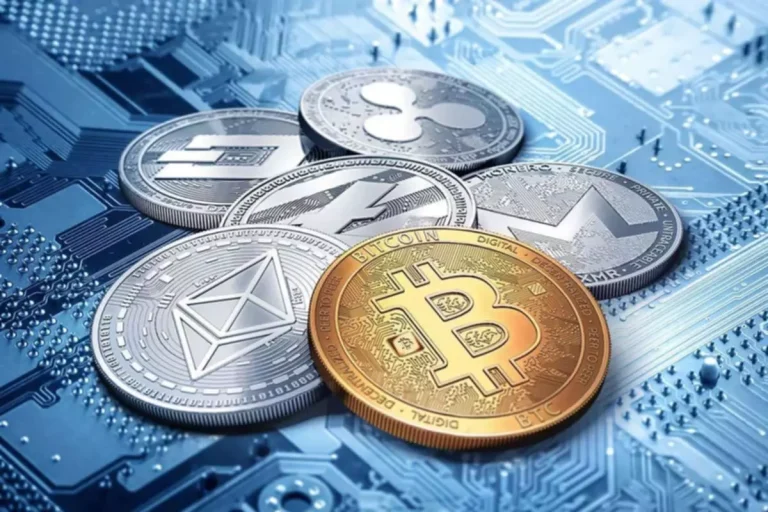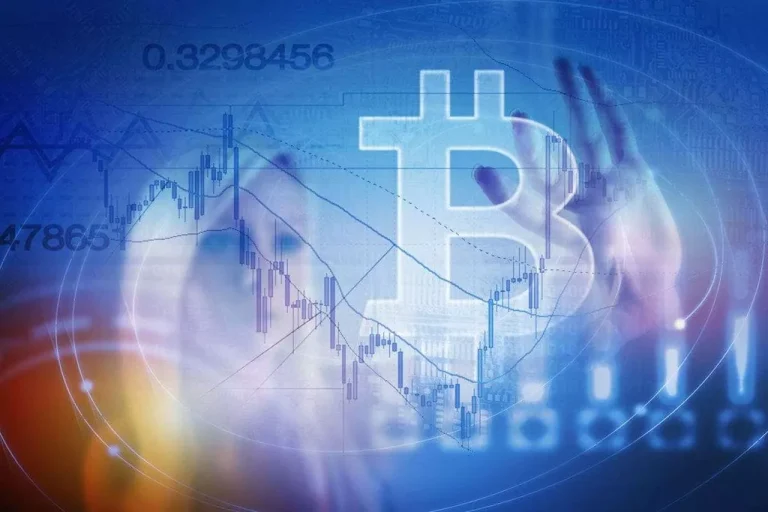Content
(2017), “The October 2016 sterling flash episode – when liquidity disappeared from one of the world’s most liquid markets”, Bank of England Staff Working Paper No 687. (2010), “High frequency trading and its impact on market quality”, Kellogg School of Management Working Paper No 66, Northwestern University, Chicago, https://www.xcritical.com/ IL, 20 September. However, as of writing, it seems that the Kraken dark pool is not available anymore. So, essentially, DIX serves as a measure of market sentiment within the shadowy depths.
Options Strategies for Higher Volatility
With its mysterious allure and hidden nature, dark pool trading may seem like an attractive option for investors Yield Farming seeking privacy and anonymity. However, like any other trading system, it comes with its fair share of drawbacks, too. As dark pool crypto trading is not the same as traditional crypto trading, it also has its own dark pools. To be more specific, there are two main types – centralized and decentralized pools.
Alternative Trading System/Dark Pool Solution
For example, an investor may place a contingent order to buy a stock if the price drops to a specific level, allowing them to take advantage of a market dip without revealing their dark pool trading intentions. Dark pool orders are gaining popularity among investors who wish to trade large blocks of securities in a private and anonymous manner. However, even in dark pools, there is a risk of information leakage, which can result in adverse price movements.
Can on-chain dark pools revolutionize financial markets?
- Maria Chaudhry has extensive experience in financial services including 17 years of trading experience.
- Unlike the previous cases involving misleading investors in the banks’ own dark pools, Deutsche Bank’s case focused on its order router, Super X+.
- These concerns are particularly important for policymakers, as dark pools attract the attention of large institutional investors engaging in substantial financial transactions.
- Otherwise, the client order can either be cancelled orpropagated to the order router to be routed to exchanges as anordinary single order (depends on parameters of order).
- Pull to refresh on the feed list page and filtering of the feed enhancement.
The absence of real-time information about buy and sell orders can make it difficult to gauge the true market demand and price of a particular asset. As a result, investors may miss out on valuable insights and opportunities for informed decision-making. It’s worth noting, though, that DIX is a specific type of DIP that reflects how a basket of assets behaves within dark pools. DIP, on the other hand, can be used to measure different assets across the board. In this type of dark pool, the ownership lies with agency brokers or exchanges.
The Inevitability of Decentralized Dark Pools
The dark pool’s opaqueness can also give rise to conflicts of interest if a broker-dealer’s proprietary traders trade against pool clients or if the broker-dealer sells special access to the dark pool to HFT firms. A dark pool is a privately held exchange where large corporations and institutional investors trade massive shares of securities without disclosing them to public markets. Although the SEC scrutinises dark pool trades and private stock exchanges, these markets’ lack of transparency and ambiguity raises concerns and criticism from the average retail trader. Therefore, in order to avoid excessive market swings and possible manipulation, investment banks and large financial corporations created private exchanges. These closed marketplaces have less transparency to mitigate their impacts on market prices, hence the name of dark pools. By leveraging advanced technology and liquidity aggregation, sFOX seeks to provide traders with access to deep pools of liquidity while minimizing the impact on the broader market.
First, transaction details such as order price and volume remain undisclosed until the trade is executed. Second, dark pools primarily facilitate large orders, and some platforms impose minimum order sizes to filter out smaller trades. Lastly, they employ unique execution methods, including matching large orders collectively and executing trades at the mid-point of the market spread.
Agency brokers act as intermediaries between buyers and sellers, executing trades on behalf of their clients. They operate their own dark pools to provide an additional avenue for executing trades away from the public markets. For example, suppose a trader wants to sell a large block of shares in a stock that is thinly traded. If the trader places the order on the open market, the price may drop significantly due to the market impact of the order. However, if the trader places the order in a dark pool with a contingent order, they can set a minimum price for the shares and execute the order without affecting the market price.
For around 20 years, “upstairs trading” accounted for less than 5% of the total trades. These companies usually trade hundreds of thousands of securities with values over millions of dollars, and the rumour of these events is sufficient to dramatically decrease or increase the price of the security in question. By February 2020, over 50 dark pools were reported by the SEC in the United States. Set up a product tour of DXmatch for your firm, or chat with our team in more detail about dark pool and traditional exchange solutions.
With a pegged order, the trader specifies a price that is relative to the market price, such as a certain percentage above or below the market price. The order is then executed at the specified price, with the algorithm adjusting the order size and timing to ensure that the target price is achieved. This can help to ensure that the trader gets the best possible price while minimizing market impact.

Additionally, these pools involve fewer intermediaries, which leads to lower transaction fees. Dark pool trading is an interesting concept that has gained significant traction. It offers a discreet way for institutional investors to execute large trades without impacting market prices. Even though it’s a concept borne in the stock market, it has spread its roots into the crypto market as well. It was founded in 2001 and has become a standard destination for institutional investors seeking to execute large block trades with minimal market impact. The platform claims to have global reach, connecting traders from different parts of the world.

Unlike the previous cases involving misleading investors in the banks’ own dark pools, Deutsche Bank’s case focused on its order router, Super X+. Due to a coding error from January 2012 to February 2014, the router used outdated data, leading to inflated rankings for certain dark pools. The new regulations and changes in financial conduct are likely to influence current trends in economic development, especially the future role of dark pools. Dark pools are privately held exchanges and markets where large corporations and financial institutions trade various asset classes and instruments.
The anonymity provided by dark pools comes at the cost of reduced transparency. For example, the absence of a publicly available order book can make it difficult for market participants to assess liquidity and fair pricing in these platforms. This is one of the reasons that led to the invention of dark pools (also known as dark liquidity), which are private networks for executing trades.
Since dark pool participants do not disclose their trading intention to the exchange before execution, there is no order book visible to the public. Trade execution details are only released to the consolidated tape after a delay. The US Securities and Exchange Commission regulates dark pool trading and has been subject to control and regulations since 1979. The creation of the high-frequency trading system spurred the trading speed, where companies raced to execute market orders and front-run each other to capitalise on publicly traded opportunities. However, this created unfair conditions for companies that were front-ran by others, rendering them losing on their trades. Then, the seller company would need to sell these stocks in several batches of 100,000 shares each, or even less, depending on the market conditions.
Countries acknowledge the need to regulate dark pools to protect market integrity and investor interests while also recognizing the benefits they can offer in terms of liquidity and price improvement. This diversity can create a more dynamic trading environment, offering participants the opportunity to interact with a wider pool of potential counterparties. The presence of different participants can also increase the depth and liquidity of the market, making it easier to execute trades.

Add a Comment